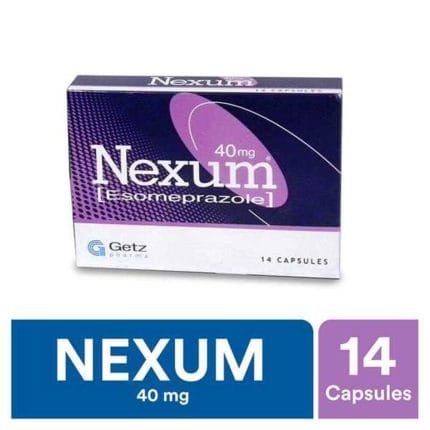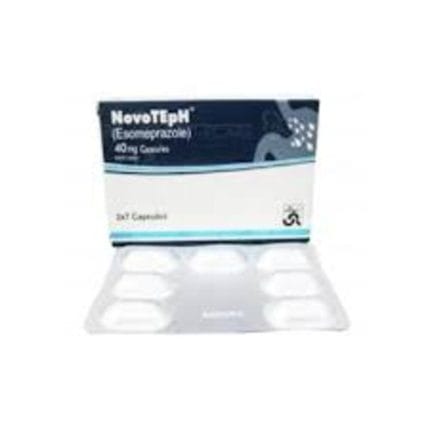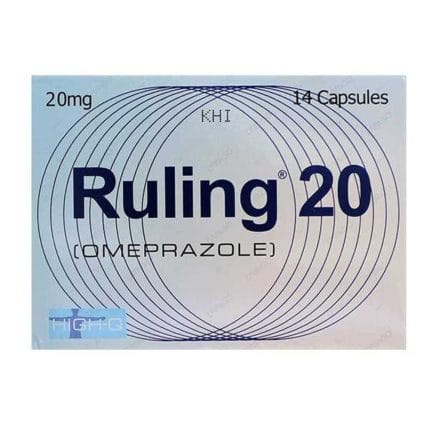Requires Prescription: Yes
Generics: Esomeprazole
Used For: Acidity & Ulcers
How It Works: Esomeprazole inhibits the proton pump (H+/K+ ATPase) in the stomach’s parietal cells. This action significantly reduces the secretion of hydrochloric acid, thereby decreasing stomach acidity and altering gastric pH.
Usage and Safety
Dosage: Follow the dosage instructions provided by your healthcare provider.
Side Effects: Common side effects include headache, gastrointestinal upset, skin reactions, and dry mouth. Rare side effects may include angioedema, anaphylaxis, and fundic gland polyps.
Drug Interactions: Can interact with:
Phenytoin
Warfarin
Clopidogrel
Ketoconazole
Itraconazole
Voriconazole
Diazepam
Citalopram
Imipramine
Clomipramine
CYP3A4 inhibitors or inducers
Tacrolimus
Digoxin
Erlotinib
Methotrexate
Indications: Treatment for heartburn, GERD, gastritis, and ulcers.
When Not to Use: Contraindicated in patients with known hypersensitivity to proton pump inhibitors (PPIs). Hypersensitivity reactions such as angioedema, anaphylaxis, bronchospasm, acute interstitial nephritis, and urticaria have been reported.
Precautions
Long-Term Use: Extended daily use (e.g., beyond 3 years) may lead to malabsorption or deficiency of vitamin B12 (cyanocobalamin).
Warnings
Hypomagnesemia: Rarely reported with prolonged PPI use.
Osteoporosis-Related Fractures: Long-term or high-dose PPI therapy may increase the risk of fractures in the hip, wrist, or spine.
Clopidogrel Interaction: Avoid using Esomeprazole concurrently with clopidogrel.
Additional Information
Pregnancy Category: Consult your physician before use if you are pregnant or planning to become pregnant.
Storage: Store at room temperature, away from direct light and heat.























Reviews
There are no reviews yet.